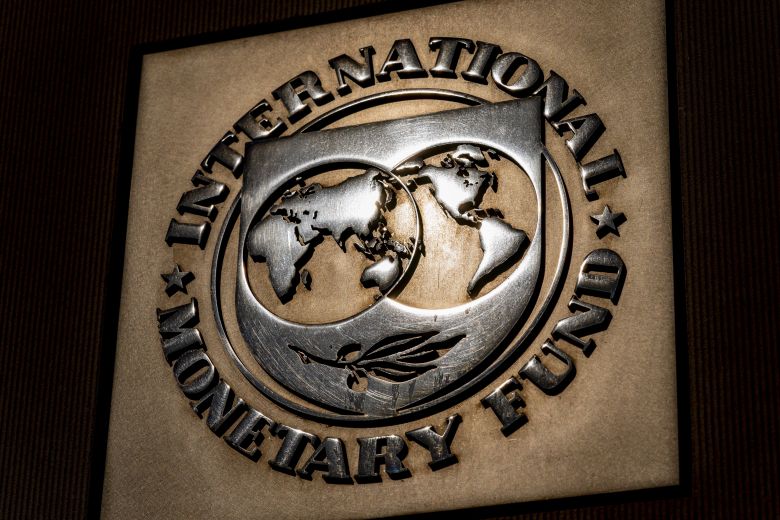High global debt
An increase in the primary surplus of the general government of Greece from 0.1% last year to 1% this year and to 2% in 2024 as well as the further reduction of public debt is predicted by the International Monetary Fund with its report on global fiscal developments (Fiscal Monitor ).
The primary surplus is forecast to increase to 2.2% in 2026 and remain at this level until 2028.
For the total balance of the general government, which also includes interest on servicing the public debt, a deficit reduction is expected from 2.3% last year to 1.6% this year and further to 0.8% in 2024.
The reduction in the deficit will come from a greater reduction in public expenditure relative to the reduction in public revenue.
Public expenditure is expected to decline from 52.5% of GDP last year to 48.9% this year and further to 47.1% in 2024, while public revenue is expected to decline from 50.2% to 47.3% and 46.4%, respectively.
General government public debt is projected to fall from 178.1% of GDP last year to 168% this year and 160.2% in 2024, to continue to decline in the coming years, falling to 145.3% in 2028.
High global debt
The IMF says most countries need to implement tighter fiscal policies, not only to rebuild buffers and limit fiscal risks, but also to help central banks’ efforts to bring inflation back to their target.
He notes that debt is generally high around the world in a period of rising interest rates.
Global public debt is expected to rise in 2023, driven by the rise of the world’s two largest economies, the US and China. In the medium term, it is expected to grow by about one percentage point, but if the two largest economies are excluded, it will decline by about half a percentage point per year.
At the projected growth rate, global debt will reach 100% of GDP by the end of the decade. In developed economies it averaged 112.3% last year and is expected to reach 116.3% in 2028.
Countries with limited fiscal space, low fiscal capacity or no market financing should prioritize spending cuts, for example removing fuel price subsidies, the IMF says.




